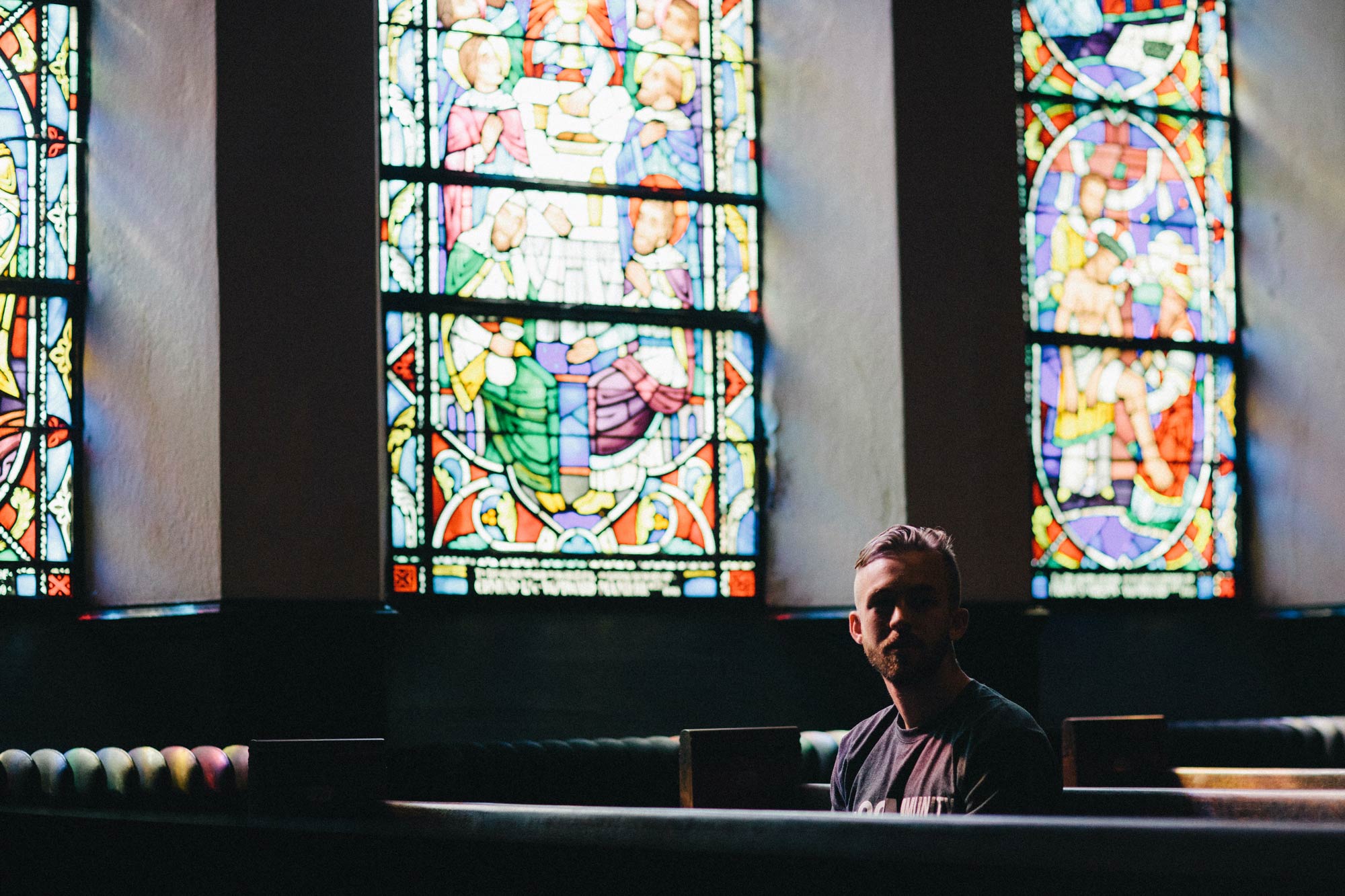
Is my lack of relationship with God holding back my mental health recovery?
This week I received a heartbreaking question through the fantastic new BeHeadstrong platform from a young person who was asking the following: "Hello, I’ve been taking antidepressants and seeing a therapist for over a year now and haven’t felt an improvement in my mood. Do you think that a lack of relationship with God could be holding me back from getting better? (For info, I’ve always been Christian but struggle to feel God in my life)."
I sense that this is a really important question for us to address here at MASF because it's a very common concern amongst Christians who have mental health issues. I also acknowledge that we typically read these sort of questions in a direct way; what I liked about this particular phrasing was that it really reveals the complexity of religious doubt during times of mental distress.
The first thing to point out is the phrase in the question; 'I have always been a Christian but struggles to 'feel' God in my life.' For me, this is a key clue to answering, since what they are actually asking is, 'is the quality of my relationship with God holding my recovery back.' However, it is really clear to see that both this person and so many others who contact MASF, wonder whether they have a relationship with God at all.
From a psychological perspective, it is important to know that some mental illnesses directly impede the way in which we traditionally sense the presence of God. It is extremely common for example that people suffering with depression will feel that God has abandoned them since they no longer carry a sensory awareness to his presence. This is because depression and anxiety directly impact the Hippocampus; the part of the brain responsible for feelings of connection.
Imagine that the Hippocampus is like the tuner on an old radio that is out of alignment. The silence of the radio could mean one of two things 1) Radio stations have stopped broadcasting 2) This radios ability to receive signals is faulty.
I know that we would all immediately choose No.2 because that is the rational choice to make but it is a bit more complicated than that: Depression/anxiety also propagate feelings of guilt and responsibility that have little or no foundation in reality. If you become mentally unwell, not only do you suffer emotional pain but you also relive every mistake and regret that you have ever carried and somehow believe that those things are relevant and important now.
For Christians, this is an unrivalled torment, since it feels as if we have lost our forgiveness and the relationship with God that we once had. Therefore Christians tend to couple together the perceived silence of God with the renewed guilt and regret that they feel: Rather than choosing No.2 they choose No.1 and believe that God has stopped broadcasting to them altogether. They question whether their current illness is in fact some sort of spiritual affliction or even a direct punishment for things that they feel guilt over.
The questioner asked if 'lack of relationship' with God was the problem, when in fact I would refute the idea that the individual lacked a relationship with God at all. God promises in Deuteronomy 31:6 "Never will I leave you nor forsake you." Surely that must be especially true when we are at our most broken and vulnerable? In fact, Psalm 139 seems to confirm that rather than losing God, it is impossible to shake him off: "Where can I flee from your presence? If I go up to the heavens, you are there; if I make my bed in the depths, you are there. even there your hand will guide me, your right hand will hold me fast. even the darkness will not be dark to you; the night will shine like the day, for darkness is as light to you."
What Christians, (particularly more experientially orientated ones) are actually struggling with in times of depression or anxiety, is not the absence of God but his silence. One of the most moving declarations of faith I have read was written on a concentration camp cell wall during the Holocaust, it said, "I believe in the sun even when it is not shining, I believe in love even when I cannot feel it, I believe in God even when He is silent."
During times of mental illness I believe that it is essential that we hold fast to the truth of God's love and presence for us, despite his apparent silence and not to assume that he has withdrawn. I know from personal experience how hard this can be, but I also know that when the sun finally rises from behind the clouds, it had never actually left me in the first place.
If all of this is true, that it must also be true that the quality of a persons current connection with God is no a reason for their lack of progress in recovery, but is in fact a symptom of ongoing ill-health. It is at times like these that we have to allow other things to inform the security of our relationship with God. This may be the promise of scripture, the affirmations of other Christians, the care of doctors or psychiatrists or the experience of God in the physical world. Ultimately, rather than assuming God's displeasure over us, we have to trust in the fact that we are eternally loved and forgiven by him.
If anything is going to settle our spiritual anxiety it is this truth. From it we are in the best place to focus on our recovery and not lose ourselves to the fear that this illness is our fault or that even God has abandoned us.
Will Van Der Hart, 29/09/2020